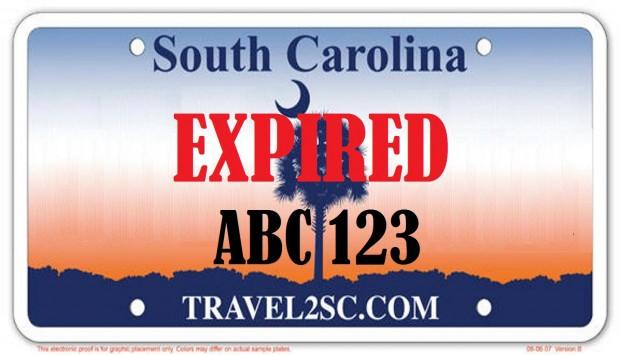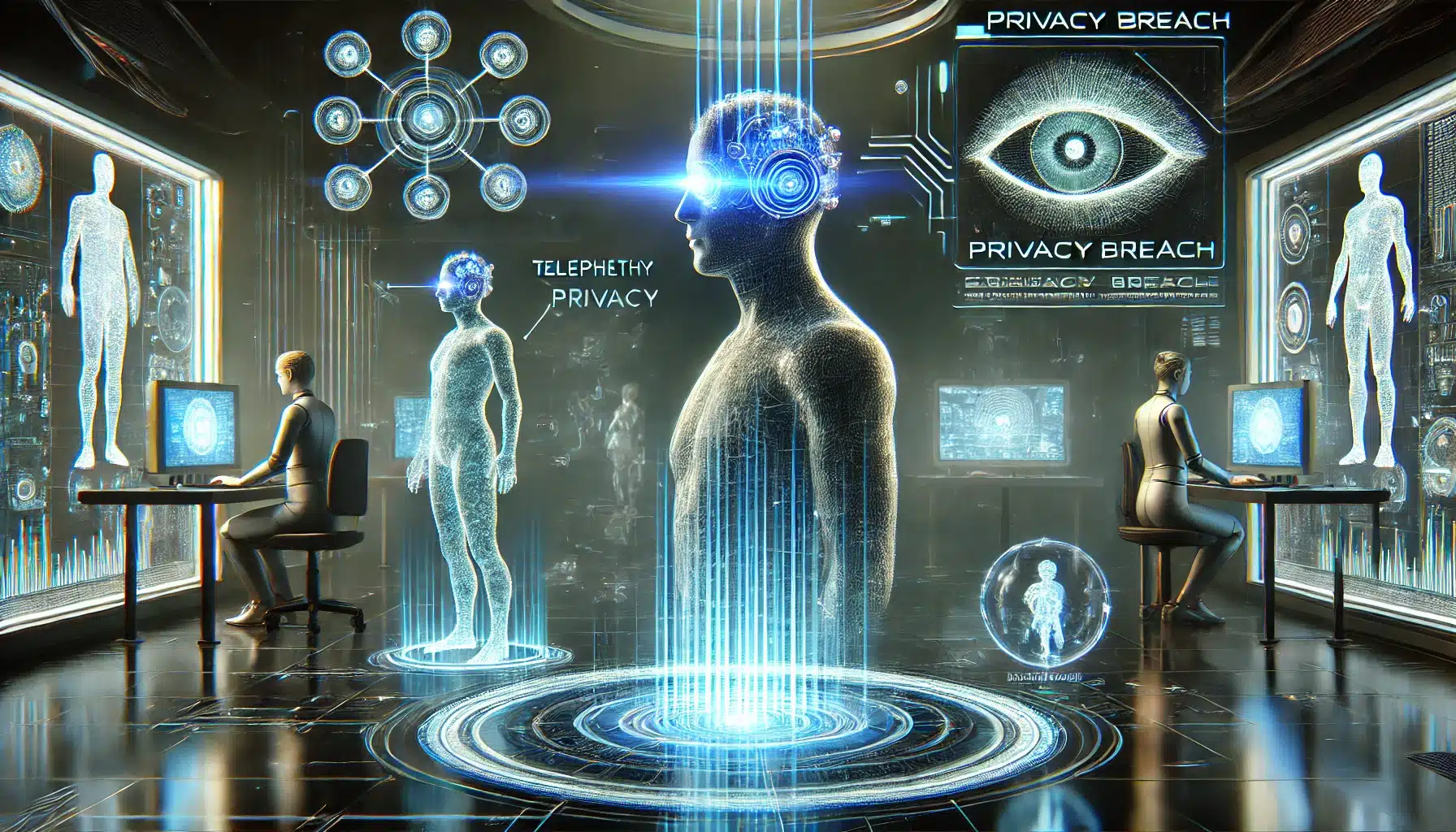Electronic license plates may sound like something out of an old Jetson’s cartoon, but they soon could be mandatory on a car in your very own garage.
California will most likely be the first state to use electronic license plates as part of a pilot program to test the techno information sharing devices.
Smart Plate Mobile, a Bay area company, is still developing the plate prototypes. The pilot program is being touted as a money-saving measure in order to eliminate the need to spend about $20 million per year to mail license plate renewal notices.
Democratic California Gov. Jerry Brown is expected to sign the bill to move the pilot project forward in the coming days. If approved as written, the bill would allow the state to put electronic license plates on half of a percent of all registered vehicles in the state.
The electronic license plates would basically be a 12-by-6 inch computer screen, according to the Sacramento Bee. The electronic plates would not only have the capability to display the issued license plate number, but could be used to display various alerts, a “Stolen” notice, and to “facilitate toll payments.” Messages could be changed via remote. Privacy experts are calling the license plates a “moving wiretap”
Cyrus Farivar, who writes for tech website ArsTechnica.com, said citizens should be concerned.
“After all, if the state’s authorities can send and receive data to your digital license plate, then they have to know where you are. That would make the use of the increasingly ubiquitous license plate readers completely irrelevant — law enforcement likely would be able to either directly access location data in real-time and/or get historical travel data.”
South Carolina and New Jersey are considering similar bills.
Revisit the counsel of great men and learn how to reclaim the quality of government we once enjoyed.
A spokesman for California Democratic State Senator Ben Hueso, who introduced the electronic license plate bill and represents the San Diego area, said the bill would “create statutory parameters for the [Department of Motor Vehicles] testing of alternative technologies, while still providing flexibility on program and testing details.”
Electronic Frontier Foundation (EFF) attorney Lee Tien told local media that his company had been in contact with Senator Ben Hueso and that some amendments that address privacy issues were adopted. But Tien also noted that the company which operates the electronic license plates will have access to the devices and control what is displayed on the gadgets. The security on both the license plates and the company servers would likely be an enticing target for cyber hackers.
“We’re surprised and disappointed that this bill seems to be proceeding without any serious exploration of the privacy risks,” Lee Tien said. “Just because it’s a pilot doesn’t excuse the legislature of responsibility.”
In August, a company known as Compliance Innovations company proposed a similar system to South Carolina lawmakers.
“We actually put that wording on the license plate across the top and, depending on how the state wants it, it could be in bright red, and we can actually flash the plate, have it flashing as it goes down the road,” said Compliance Innovations co-founder Brian Bannister.
According to the company website, the electronic plates will be thicker than traditional metal tags and garner power via both kinetic energy and solar power. The tags would have the capacity to have the display changed wirelessly.
Do you think electronic license plates will endanger personal information and privacy?











